We interviewed an expert on sow lactation biology and all the problems associated to mammary development. What can we do to improve sow milk yield?

Dr. Farmer is a research scientist in sow lactation biology working at the Sherbrooke Research and Development Centre of Agriculture and Agri-Food Canada. She obtained her B.Sc. from McGill University (1980), her M.Sc. from the University of Saskatchewan (1982) and her Ph.D. from Pennsylvania State University (1986). Dr. Farmer’s research goal is to increase sow milk yield, hence piglet growth.
She was a pioneer in studying mammary development in gilts and sows and identifying factors affecting it. She published 150 scientific manuscripts, 7 book chapters, and is the sole editor of a recently published book entitled “The gestating and lactating sow” that was also translated and published in Chinese.
Her expertise is recognized internationally as evidenced by her being guest-speaker on numerous occasions in 13 European countries as well as China, Canada and the USA.
In 2003 she received the Award for Technical Innovation in Enhancing Production of Safe Affordable Food from the Canadian Society of Animal Science (CSAS) and in 2017 she received the most prestigious award from this society, namely the CSAS Fellowship Award. Dr. Farmer was on the executive of CSAS for 12 years (president in 1998-99), and on the editorial board of the Canadian Journal of animal Science for 11 years, being its Editor-in-Chief from 2006 to 2010. She is currently on a second mandate as board member of the American Society of Animal Science.
You are a research scientist that has been focusing mainly on sow lactation biology. Which lines of investigation are you currently working on?
The main goal of my research program is to increase sow milk yield and I focus specifically on mammary development. This is most important since the number of mammary cells present at the onset of lactation will affect maximal sow milk yield. The two major phases of rapid mammary accretion before lactation are from 90 days of age until puberty and from 90 days of gestation until farrowing. Hence, I am studying the factors affecting mammary development at those two specific time periods in order to ultimately develop management and nutritional strategies that will stimulate mammary development in prepubertal and late gestating gilts.
Why is it so important to ensure colostrum intake in newborn piglets?
Piglets are born with less than 1% body fat and are immune deficient. They absolutely need the passive immunity from the sow colostrum (that contains immunoglobulins) and its energy to be able to maintain body temperature (thermoregulation), grow and be resistant to diseases. However, this does not occur in all litters. It was estimated that approximately one third of sows cannot produce enough colostrum to fully support their litters and this is most important in the current context where hyperprolific sow lines are being used on a regular basis, thereby increasing the demand for colostrum production. It is important to know that lacteal secretions are considered as colostrum for approximately 24 hours following parturition, hence piglets must ingest colostrum soon after birth to have its beneficial effects.
What makes colostrum so exceptional that we have come to consider it as “Gold”?
Subscribe now to the technical pig magazine
AUTHORS
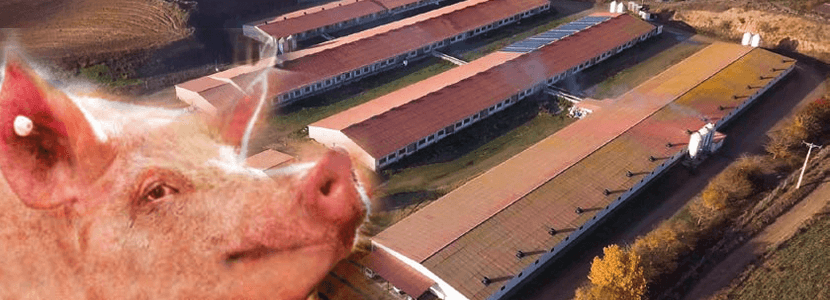
Bifet Gracia Farm & Nedap – Automated feeding in swine nurseries
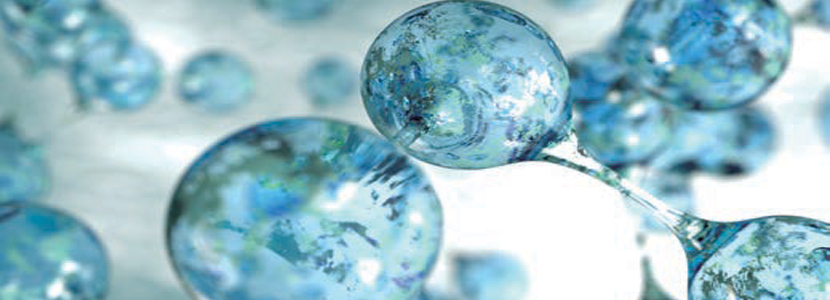
The importance of Water on pig farms
Fernando Laguna Arán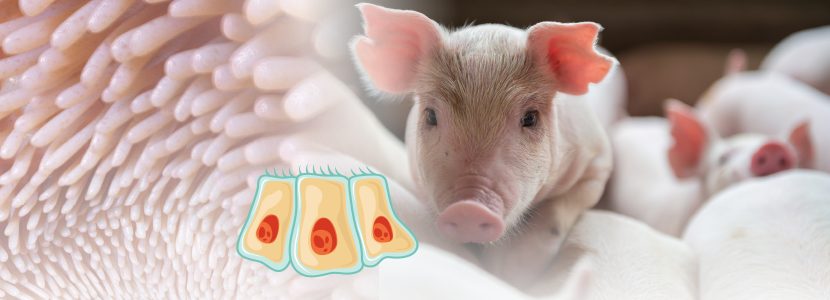
Microbiota & Intestinal Barrier Integrity – Keys to Piglet Health
Alberto Morillo Alujas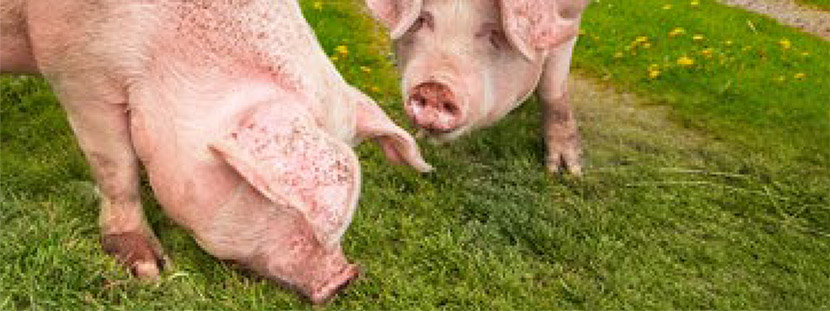
Impact of Reducing Antibiotic use, the Dutch experience
Ron Bergevoet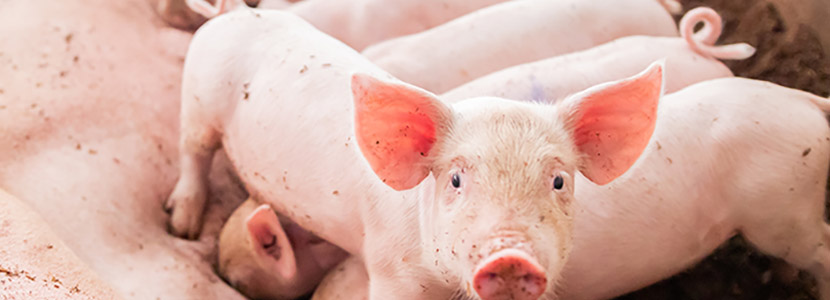
The keys to successful Lactation in hyperprolific sows
Mercedes Sebastián Lafuente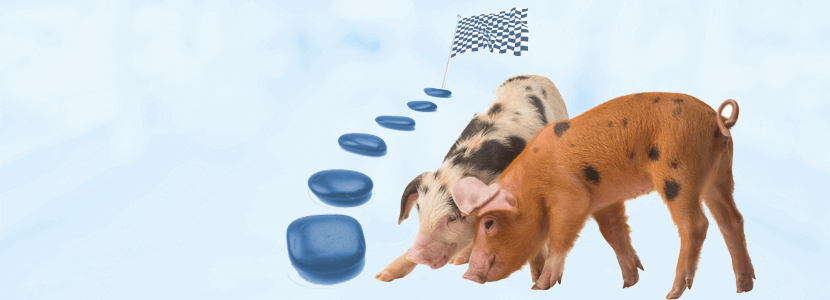
Addressing the challenge of Management in Transition
Víctor Fernández Segundo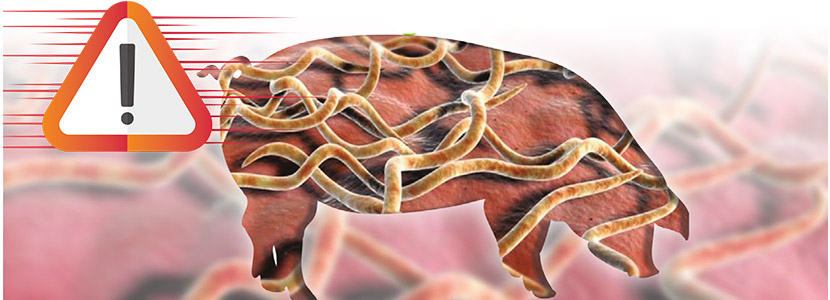
Dealing with the rise of Swine Dysentery
Roberto M. C. Guedes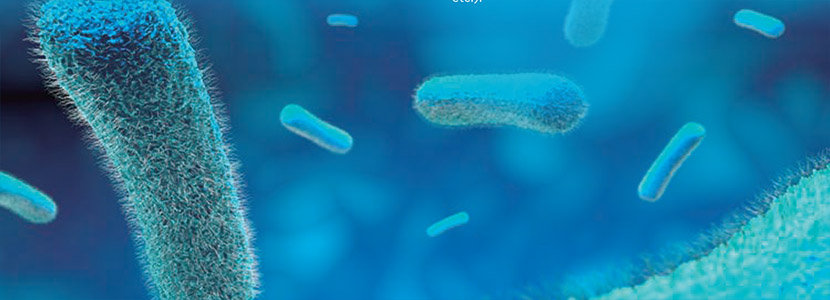
Actinobacillus pleuropneumoniae – What are we dealing with?
Marcelo Gottschalk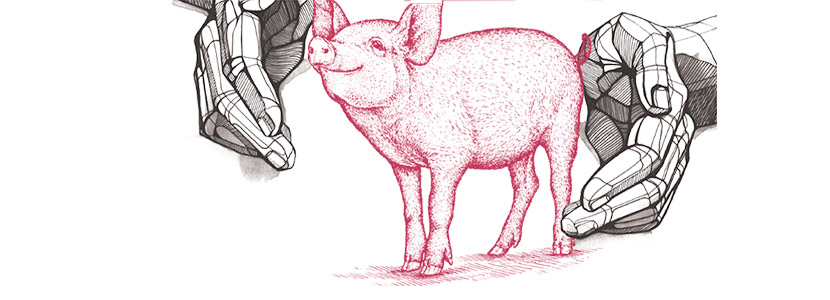
The new era of Animal Welfare in Pig Production – Are we ready?
Antonio Velarde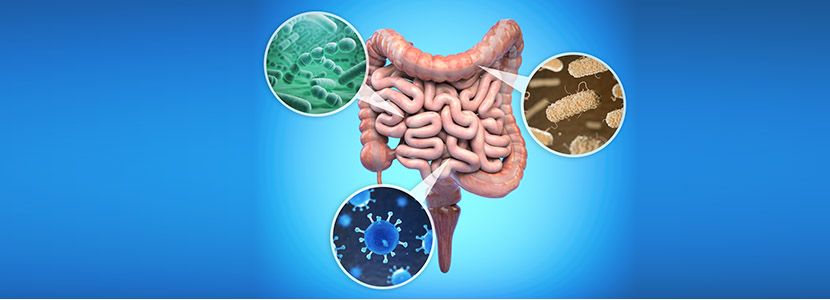
Gut health in piglets – What can we do to measure and improve it?
Alberto Morillo Alujas
Interview with Cristina Massot – Animal Health in Europe after April 2021
Cristina Massot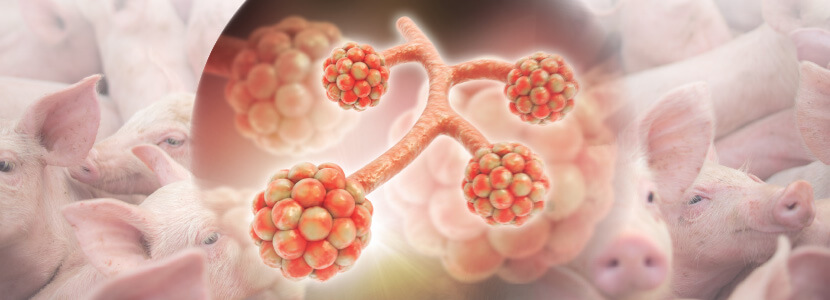
Differential diagnosis of respiratory processes in pigs
Desirée Martín Jurado Gema Chacón Pérez